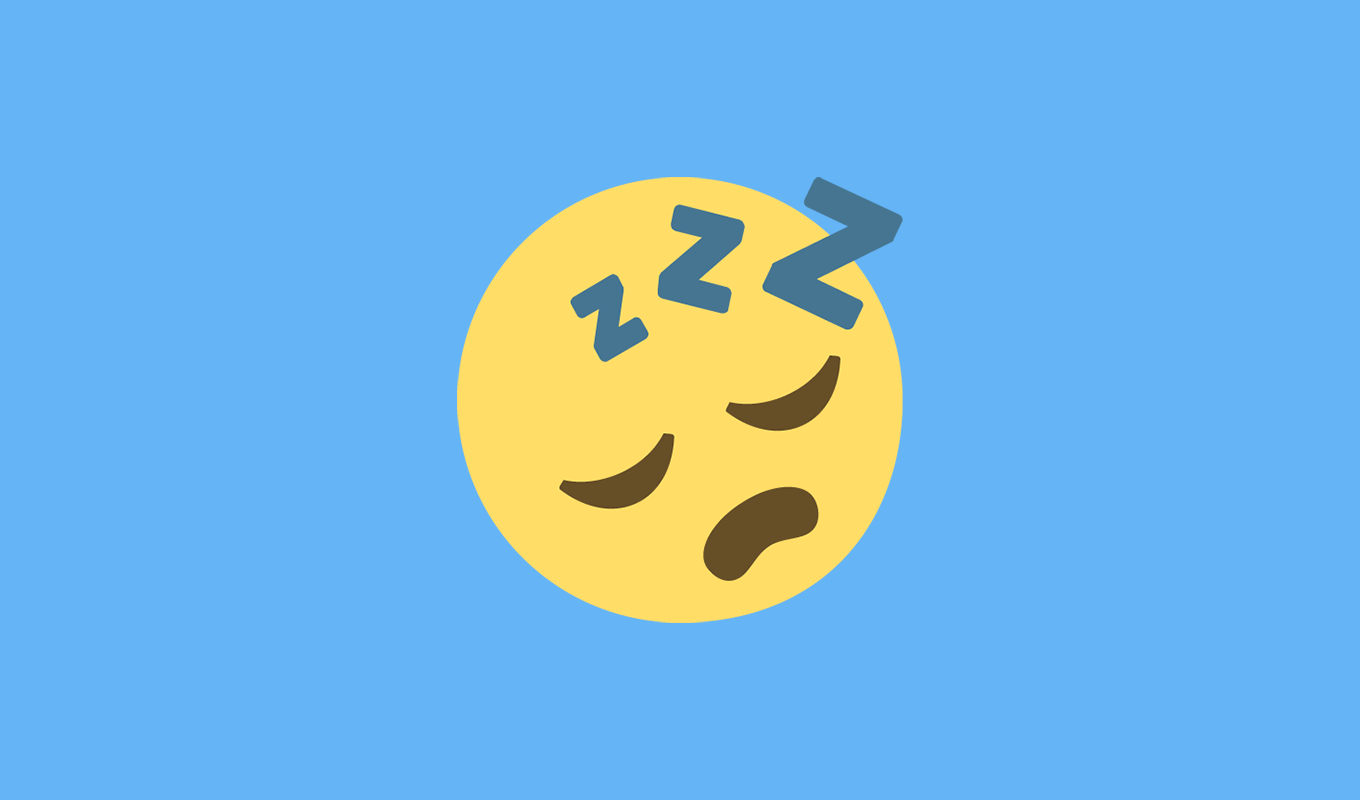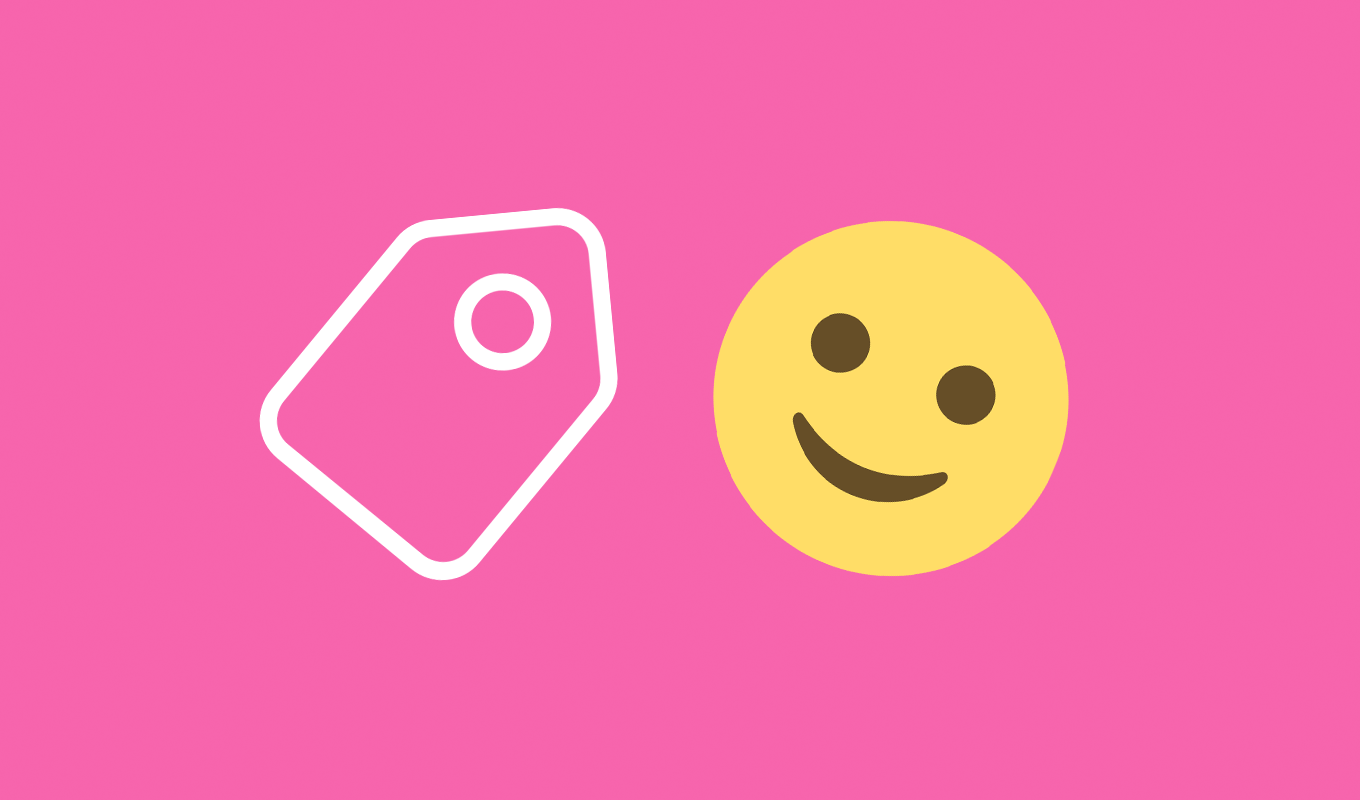Planning your day is an incredibly popular productivity strategy. And for good reasons: most people experience great benefits whenever they use some form of daily planning in their productivity workflow.
There are two great times for planning your day: the night before or first thing in the morning.
Both times have pros and cons. What will work best for you will depend on your type of work, your personality, and other factors in your life (e.g. health issues, family life etc.).
In this article, I will outline 6 of the benefits that come with planning your day the night before. Hopefully this will help you figure out which time is right for you.

1. Improve your sleep
One of the most common causes of insomnia is a head full of racing thoughts. When you can’t stop thinking and worrying, it’s hard to fall and stay asleep.
We, as humans, constantly juggle thoughts about our unfinished tasks, worries and ideas. The more we have, the more stressful and stimulating those racing thoughts can be.
While writing stuff down helps, it’s planning that actually relieves us of these thoughts.
When you plan out the next day in the evening, you set yourself up for a deeper relaxation and better sleep.
2. Reduce emotional decisions
The more we plan in the moment, the more likely our emotions will influence our decisions, which might not always be the best. Our emotions tell us to avoid tasks that we feel apprehensive about. Those are often precisely the tasks that are most important to get done.
This is the classic scenario behind procrastination. We find ways to rationalize postponing what we just don’t feel like doing. We might tell ourselves that we’ll have more energy on another day, or that something else needs to get done first. These “rational” thoughts are the product of an emotional reaction towards that task, intending to avoid it.
Planning your day the night can help you to think more rationally about what you’ll need to do.
When you are farther removed from actually doing the task (future-you can deal with that one!) your emotions are less likely to get in the way and you will likely plan what is actually important.
Now, planning something is of course no guarantee that you will be able to complete or even start the task, but at least it gives you an opportunity for better awareness. Whenever you do not follow the plan you want to ask yourself why. This can give you valuable clues about challenges in your productivity journey. And being aware of the precise problem is the first step in solving it.
3. Save your energy
A lot people have the greatest mental energy and clearest focus in the first few hours of the workday. If that’s you, you probably want to dedicate those precious golden hours to tackle challenging tasks.
Since planning your day is a low effort activity, especially if you have an efficient system set-up, you don’t want to waste that clear focus on it. And you will likely be able to do it at the end of your workday, even if you feel drained.
4. Wrap-up your workday
At the end of your workday, you’re very much aware of what got done and what needs your attention next.
When everything’s still fresh in your mind it is often easier to schedule your next steps. Planning out the next steps is like tying loose ends, which lets you avoid the feeling of having left unfinished business.
Planning the next day can become a nice ritual to wrap-up your day and begin your evening routine.
5. Visualize yourself getting better
When planning tasks, we often start to automatically imagine ourselves doing them. This automatic behavior can be developed into a conscious act of visualization, which can be tremendously helpful if you often struggle to get started on certain tasks.
Visualizing actions in your head, can help you prepare for them, this is also called mental practice. It has been studied and proven to both improve performance and reduce stress related to challenging tasks.
Since sleeping is especially helpful to commit thing into memory it makes a lot of sense to take the time to visualize your work the night before.
6. Jump start your day productively
How you start your day often sets the tone for the rest of the day.
Planning, as crucial as it is, just does not feel as productive and satisfying as actually getting things done. When you planned out your tasks the night before, you can jump right into getting work done.
Having a productive morning will make you feel accomplished, increase your self-confidence, and most importantly it builds momentum to stay productive for the rest of the day.
Experiment what is right for you
While there are some unique benefits to planning your day the night before, compared to doing it in the morning, ultimately there is no right or wrong way to go about it. You always want to stick with what works best for you.
If you are not sure what is right for you, try both timing options on alternate weeks, and see for yourself!
You might also switch between morning and evening planning depending on what is going on in your life, and there’s nothing wrong with that.
Keep in mind that day planning might also not be the right workflow for you to begin with.
Productivity is not about following strict rules, but about finding a system that works for you, so stay flexible!
Also published on Medium.



1 Comments
Sundjata
Maybe it’s just my ADHD but I was genuinely shocked to read “planning your day is a low effort activity”. It’s actually one of the hardest most stressful tasks for me. Planning anything really feels like it takes immense effort. Because when I plan something I start thinking about all the tasks that need to be done to actually do that thing etc. and just those thoughts can be overwhelming enough to make it a high effort task.